
Photos: The World's Tallest Mountains
Intro
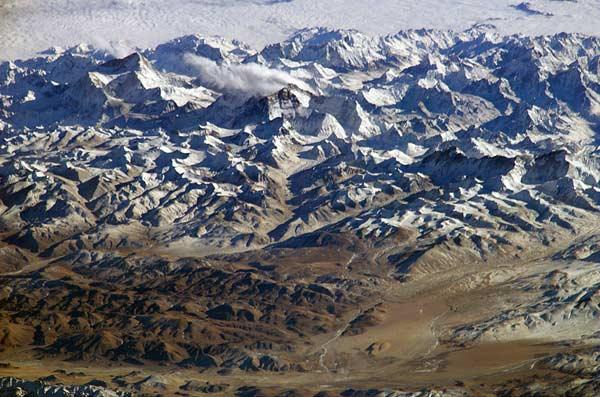
Scientists are now able to pinpoint exactly how tall every mountain on Earth is, thanks to NASA's use of the Earth Observing System series of satellites.
Measuring each mountain's summit, or tallest point, by their height above sea level, the 10 tallest mountains in the world all turn out be located in the Himalayas. Each of these mountains belongs to the "eight-thousanders" club, a list that consists of the 14 mountains on Earth that are 8,000 meters (about 26,250 feet) tall or more.
Meet the "eight-thousanders" and the brutal challenges they pose to the people who try to climb them.
Annapurna I Nepal
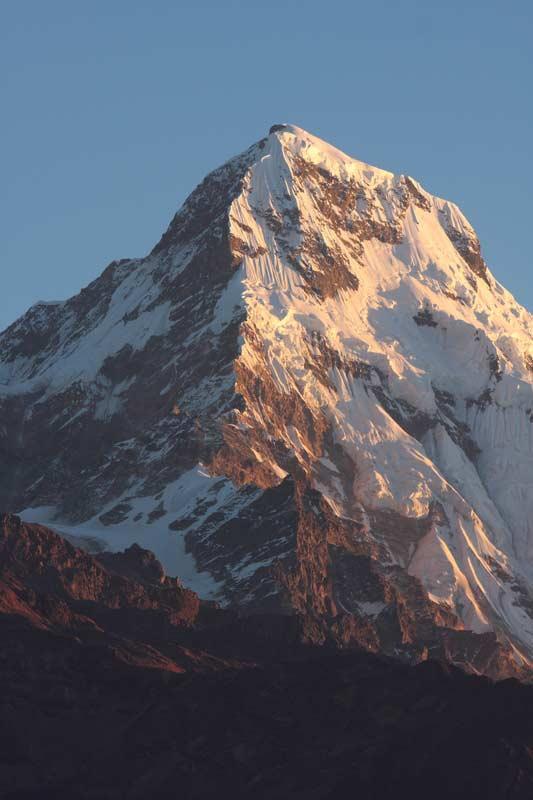
26,545 feet (8,091 meters)
The tenth highest mountain in the world, Annapurna I is located in western Nepal, while its smaller sister mountain Annapurna II is in the east. The name Annapurna translates to Goddess of the Harvests in Sanskrit, and is the name of a goddess of fertility and agriculture in Hinduism.
French mountaineers Maurice Herzog and Louis Lachenal were the first to reach Annapurna's summit in 1950, in the process becoming the first people in the world to climb a peak over 26,247 feet (8,000) meters. During the perilous journey, frostbite and gangrene forced the expedition doctor to perform emergency amputations, removing both of the explorers' toes and most of Herzog's fingers without anesthetic.
Nanga Parbat Pakistan
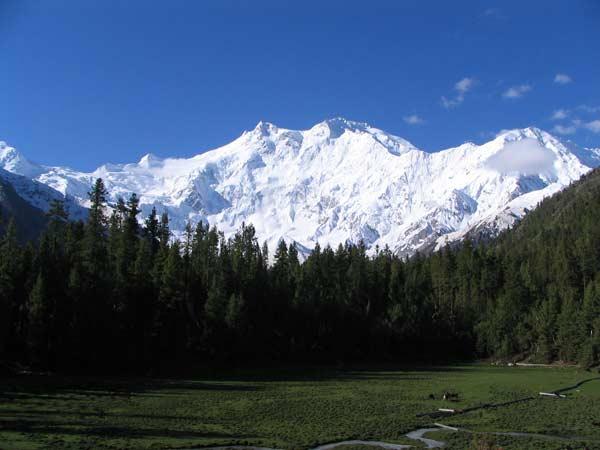
26,657 feet (8,125 meters)
Get the world’s most fascinating discoveries delivered straight to your inbox.
Nanga Parbat means "Naked Mountain" in Urdu and is also known by the name Diamir, or the "Dwelling Place of the Fairies." Its dangerous ice-covered terrain has also earned it the nickname "deadly mountain," as more than 60 mountain climbers have lost their lives attempting to scale the mountain, according to NASA.
Climbing Nanga Parbat is in fact so dangerous that while over 1,800 people have reached Everest's summit, only about 216 people have successfully gotten to the top of Nanga Parbat.
Manaslu Nepal
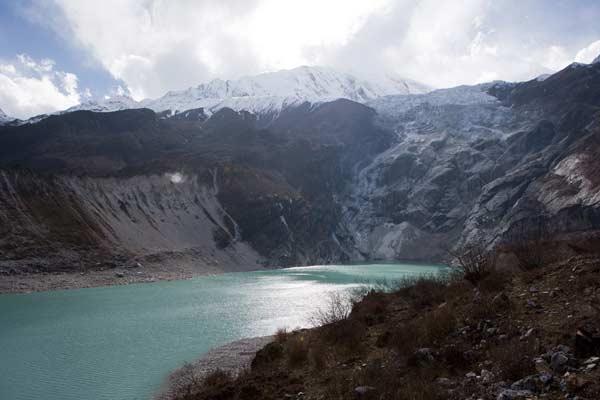
26,781 feet (8,163 meters)
Located in the Mansiri Himal part of the Nepalese Himalayas, Manaslu translates to "Mountain of the Spirit" and is known for its beautiful valley glaciers and steep, snowy peaks. Prone to avalanches, glacier falls, monsoon rainfall and landslides, Manaslu's various scenic trekking routes are also treacherous.
Reaching the mountain's summit was not even attempted until the early 1950s, and the first climbers to successfully do so were the Japanese explorers Toshio Imanishi and Gyalzen Norbu, who mounted the summit in 1956.
Dhaulagiri Nepal
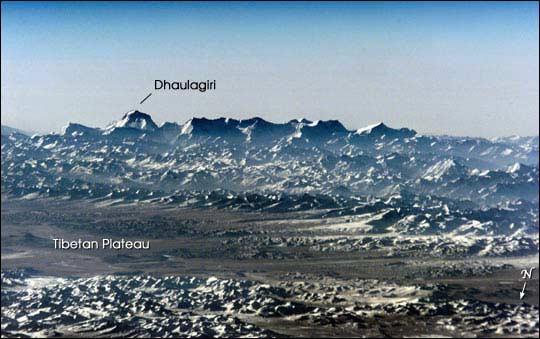
26,795 feet (8,167 meters)
Dhaulagiri means "White Mountain" in Sanskrit and was named by Max Eiselin, who led a Swiss expedition to its summit in 1960. This was the first Himalayan climb supported by an aircraft, but after the plane crashed, it was abandoned and left in a valley north of the mountain and the mountaineers continued their trek.
Dhaulagiri, located in north central Nepal, has a topography consisting of ridges, glaciers and ice falls. It boasts technically challenging routes and massive drops and is therefore mostly attempted only by seasoned mountaineers.
Cho Oyu Nepal/China
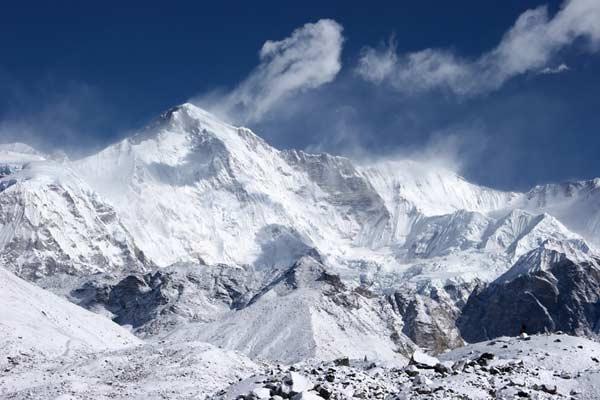
26,864 feet (8,188 meters)
Compared to Dhaulagiri, Cho Oyu is easier to climb and its summit can be reached in roughly three weeks. The mountain was first climbed in 1954 by Herbert Tichy, Joseph Jöchler and Sherpa Pasang Dawa Lama during an Austrian expedition.
The mountain's friendly terrain and snow conditions have made it an increasingly popular destination for ski mountaineers and snowboarders.
Makalu Nepal/China
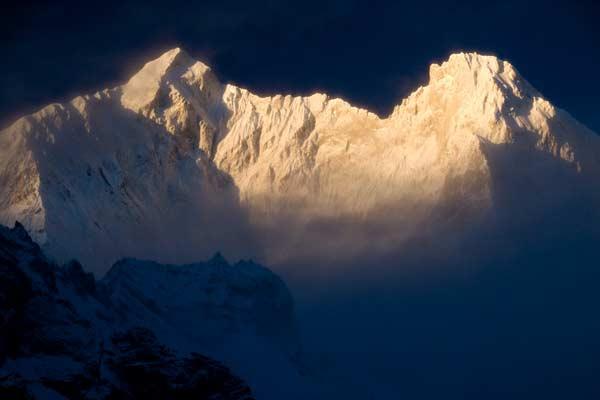
27,838 feet (8,485 meters)
The only eight-thousander to possess an isolated peak shaped like an icy four-sided pyramid, Makalu was first climbed in 1955 by a French expedition led by Jean Franco.
Located just 14 miles (22 kilometers) east of Mount Everest, the mountain is exceptionally hard to climb and only five of its initial 16 summit attempts were successful.
Makalu's name is believed to be taken from the Sanskrit word Maha-Kala, which translates to Big Black and is also a by-name of Shiva, a Hindu god.
Lhotse Nepal/China
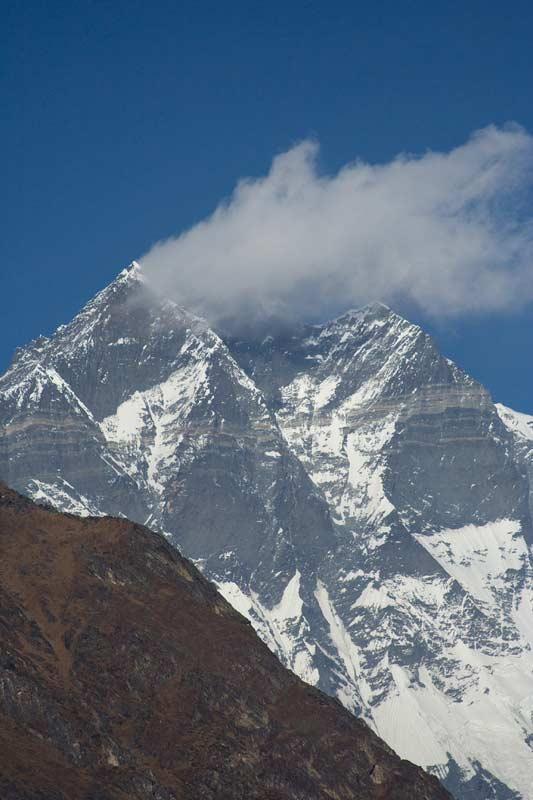
27,940 feet (8,516 meters)
The most rarely climbed 8,000-meter peak in Nepal, Lhotse adjoins Mount Everest and it is impossible to climb its peak solo.
In 1990, a mountaineer named Tomo Cesan claimed to have reached Lhotse's summit alone, but after a Russian expedition climbed the summit and declared that it would be impossible for anyone to reach it alone, Cesan recanted and said that he had actually only reached the summit's ridge.
Kanchenjunga Nepal/India
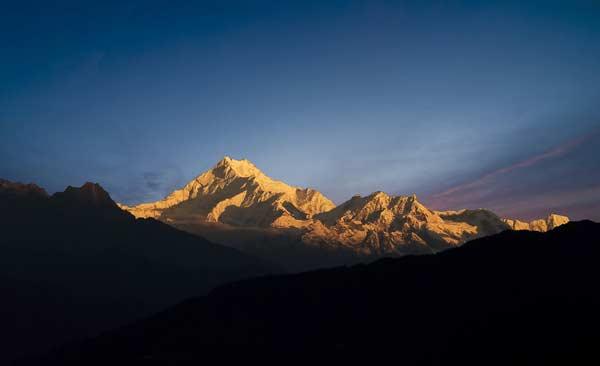
28,169 feet (8,586 meters)
Kanchenjunga translates to "The Five Treasures of Snows" and was given this name because it has five peaks, four of which are more than 27,700 feet (8,450 meters) tall. Resting on the India-Nepal border, Kanchenjunga has varied ecological zones which range from subtropical forests to glacial wilderness .
Kanchenjunga is called Sewalungma in the local Limbu language; the name means "Mountain That We Offer Greetings To," and is considered sacred in the Kirant religion. Its five peaks represent the sacred spaces where God stores his treasures, which are gold, silver, gems, grain and holy books.
The religious beliefs of the locals are so respected that when British mountaineer Charles Evans climbed the mountain in 1955, the expedition stopped a few yards short of the summit and did not touch its peak.
K2 (Chogori) Pakistan/China
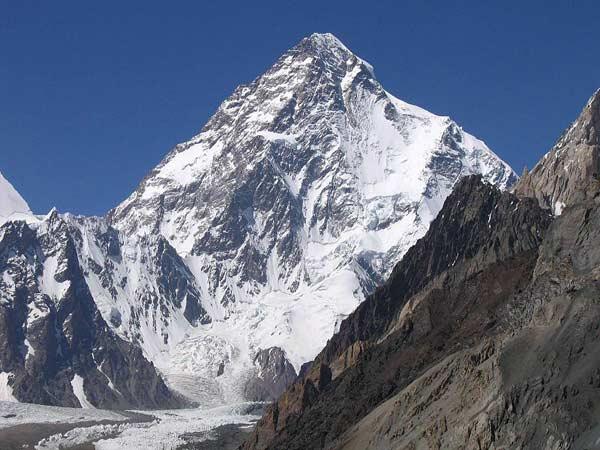
28,251 feet (8,611 meters)
Known as the "Savage Mountain," K2 has the second highest fatality rate of all the eight-thousanders, according to the eight-thousanders' official Web site, 8000ers.com. For every four people that successfully reach its summit, one has died trying.
Located on the border of Pakistan and China, K2 has severe weather conditions and a high risk of avalanches. The mountain is so perilous that is has never been climbed during the winter, with expeditions typically attempted in June, July or August.
The mountain was given the name K2 by British surveyor Thomas George Montgomerie in 1852 while he was conducting the Great Trigonometric Survey. While the survey made it a point to use the local names for mountains wherever possible, K2 did not appear to have a local name at that point.
Everest Nepal/China
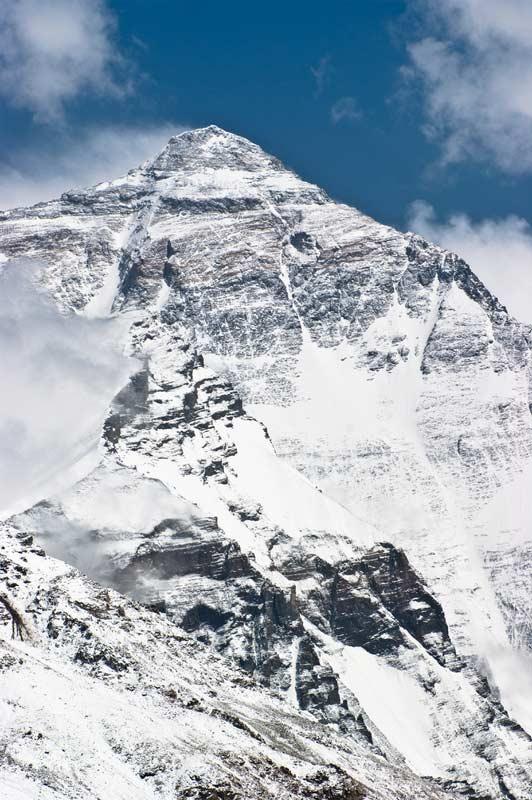
29,035 feet (8,850 meters)
The tallest mountain above sea level is located on the border of Nepal and Tibet in the Himalayan mountain range.
Everest was given its official English name in 1865 by Andrew Waugh, a British Surveyor General for the Royal Geographical Society. In 1953, mountaineers Edmund Hillary and Tenzing Norgay of a British expedition became the first people to ever set foot on Everest.
Compared to K2, Everest's standard route does not pose substantial technical difficulty for mountain climbers. Everest is a popular tourist spot, despite the Nepalese government's requirement that all prospective climbers obtain a permit, which can cost each person upwards of $25,000.
 Live Science Plus
Live Science Plus





